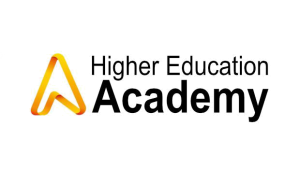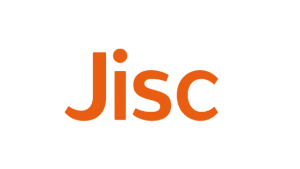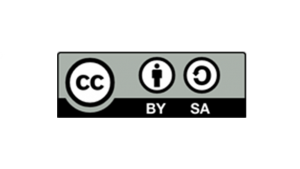The Design and Planning of Learning Activities
In this study area you are invited to explore some underpinning structures (physical and ideological / pedagogic) which enhance the student learning experience.
These include:
The Role of Technology to Enhance Performing Arts Practice
Student Support Structures for Practice, Written and Performance-Based Work
Constructive Alignment: What is it? Why might it be desirable? How does it work in your experience?
Interdisciplinarity and Sharing Practice Across the Performing Arts
Whether designing the curriculum for an under or post graduate programme or planning a single session for a group of students, the process should be informed by some serious reflection on and reading around all the above.The resources here can only act as ‘tasters’ and you are always advised to follow links and refer to the bibliography for wider reading to deepen and broaden your pedagogic understanding of this funamental teaching responsibility.
For example, in the Reading Room resource entitled The Ethics of Participatory Theatre in Higher Education: A Framework for Learning and Teaching, Frances Rifkin highlights the complexities surrounding ethics and ethical practice within Higher Education. With the aim of ‘producing a framework capable of enhancing creativity while supporting practitioners, participants and institutions’, the researchers clearly had their work cut out for them! We can draw on this and other research to ensure that our curriculum planning is assertive, principled, ethical and current.
Another Reading Room resource entitled Learning and Skills for Sustainable Development: Developing a Sustainability Literate Society explores how we may enable our students to learn and acquire appropriate skills for sustainable development.
”...the people who will succeed fifteen years from now, the countries which will succeed, are those which are most based on a sustainable vision of the world. That is what we should be training people to do.
Rt Hon Charles Clarke MP, Secretary of State for Education and Skills25th March 2003.
Our job as facilitators of learning is to translate this sort of rhetoric so that it becomes meaningful in whatever context we teach. It is also to challenge the rhetoric and explore, for example, current discourse relating to vocationalism and personal and professional development through artistic expression. Our curriculum design should be informed by these fundamental philosophical questions.
It should also of course be informed by a knowledge of the disciplines within the performing arts and the wide breadth of subjects which fall within each of these areas. This is where the Subject Benchmark Statements issued by the UK Quality Assurance Agency can be useful. They can be an important source of reference when you are designing and developing programmes of study and provide guidance in articulating the learning outcomes associated with the subject area. They also aid in ensuring the quality of your teaching as they allow learning outcomes to be reviewed and evaluated against agreed national expectations about standards. A shared discussion of the Statements within your learning group will certainly stimulate academic discussion and debate.
The Statement for Dance, Drama and Music notes the common factors that usually unite approaches to Learning and Teaching in the Performing Arts:
- These approaches usually integrate theory and practice and lead to the creative development of students.
- Experiential learning is a key principle of study.
- Contextual approaches to practice – e.g. collaborative; process; and performance-focussed
- Student’s work will normally reflect the collaborative nature of their subject.
- Students will usually experience work on practical performance, participating in the process from initial research to engagement with an audience.
- Students will normally experience both tutor-led learning, including the participation of professional practitioners, and self directed methods of learning, reflecting increasing independence and encoraging positive attitudes towards lifelong learning.
- Teaching and learning will normally take place in a variety of continually evolving contexts, including an appropriate balance of: workshops, rehearsals, productions, practical classes, laboratory/studio based practice, screenings, lectures,s eminars, tutorials.
- Group and individual learning will involve professional placements, tutor led, student led and self directed study.
- Subject specific and generic technologies are used.
- Resource based learning includes library work and attendance at performances.
Study Rooms
It might be useful for you to reflect in your Reflective Portfolio on how your own teaching activity corresponds with these common factors. Higher Education has for 20 years or more been driven by a Learning Outcomes approach to curriculum design. To operate professionally as a teacher or supporter of learning in this environment, you need to be familiar with this approach, its advantages and limitations and how you can design and plan learning activities utilising Learning Outcomes efficiently and with integrity. Learning Outcomes present some particular challenges to colleagues in the Performing Arts and these are highlighted in the resources in this study area. Here is what one advocate of a Learning Outcomes approach has to say:
”To set the student off in pursuit of an un-named quarry may be merely wasteful, but to grade them on whether they catch it or not is positively mischievous.
Rowntree, D. (1987), Assessing StudentsLondon:Kogan Page
The Reflection Prompts in the Reflection Room will help you interrogate some of the ideas behind the planning of learning activities.




